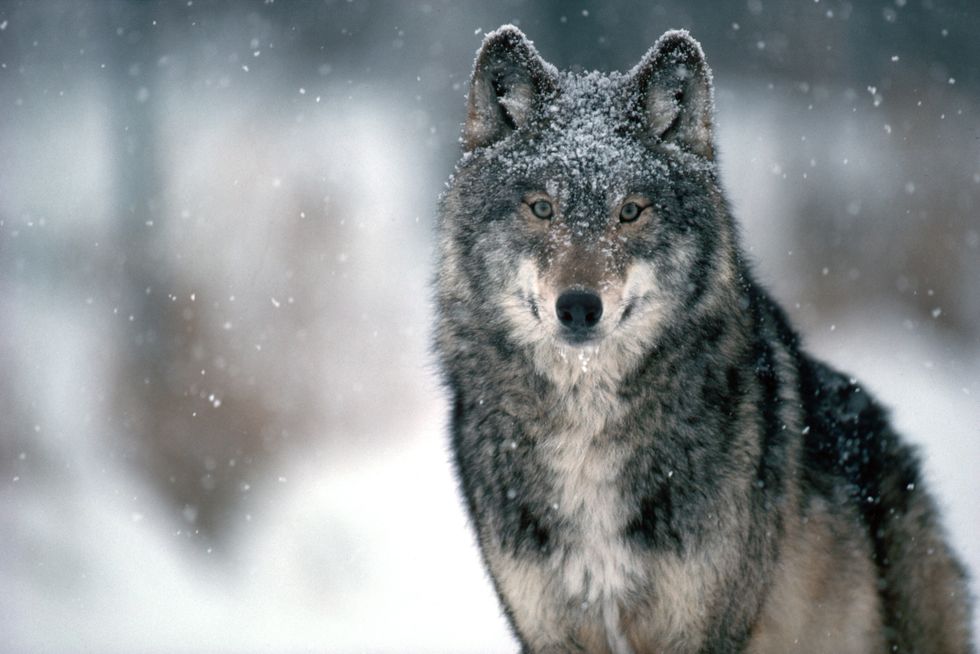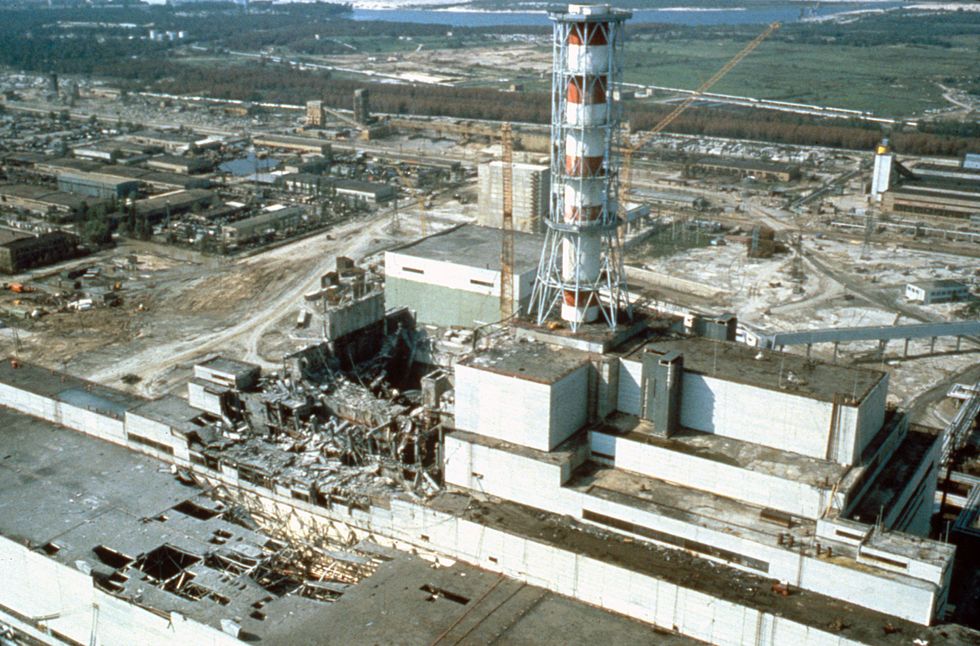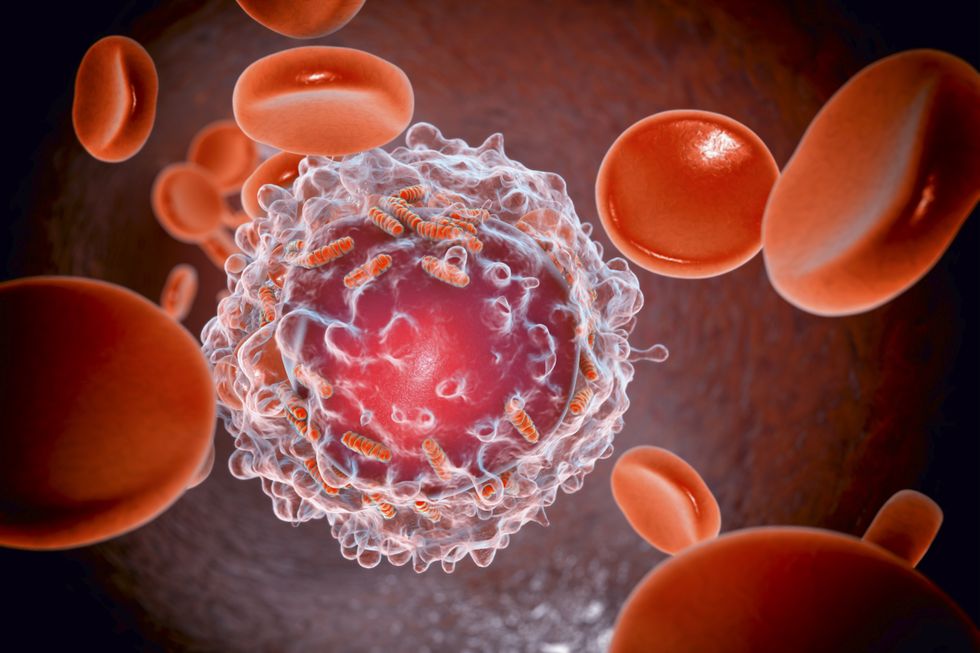Mutant wolves could help 'cure cancer' as predators thrive following nuclear catastrophe

Feral canines living in Chernobyl’s exclusion zone are believed to have developed resilience to cancer
Don't Miss
Most Read
Latest
Mutant wolves could provide a cure for cancer as the predators continue to thrive following a nuclear catastrophe.
New research has shown that feral canines have flourished in the area surrounding the location of Chernobyl’s infamous nuclear disaster in 1986.
The local population of wolves has reportedly increased seven times greater than neighbouring areas in Ukraine.
Scientists have monitored feral animals for many years, including abandoned pet dogs.

Wolves in Cherbobyl appear to have build up a resilience
|GETTY
It is believed that the radiation has increased the animals' odds of surviving cancer.
Cara Love, an evolutionary biologist at Princeton University, claimed the wolves have altered immune systems that are remarkably similar to cancer patients undergoing radiation treatments.
She noted how the "wolves of Chernobyl survive and thrive despite generations of exposure and the accumulation of radioactive particles in their bodies".
The nuclear accident in Chernobyl released cancer-causing radiation.
LATEST DEVELOPMENTS:
Chernobyl nuclear power plant a few weeks after the disaster
|GETTY
However, Love’s research showed that the wolves "seem resilient to increased cancer risk".
Love and her colleagues ventured to the exclusion zone in 2014 and took blood samples to understand their responses to nuclear exposure.
The latest findings showed that grey wolves are exposed to over six times the legal safety limit of radiation for the average human worker.
Love told The Telegraph: "We don't yet know what, if any, genetic differences might allow dogs to survive in one versus another environment.

An image of cancer cells
|GETTY
"Looking for changes in the DNA that have helped one versus the other population survive is the long-term goal of the study and one we are working towards now."
She also noted that the study "could help scientists design ideal protection for those spending significant time in space".
The Chernobyl incident resulted in the deaths of 31 people immediately.
However, the United Nations released a prediction in 2005 suggesting a further 5,000 could die as a result of radiation exposure.











